Could An Ovarian Cyst Stop Me from Having a Baby?
Ovarian cysts are frequent in ovulating women. Hormonal imbalance, endometriosis or the natural occurrence of a corpus luteum cyst. primarily results into Ovarian Cysts. Functional cyst formed during normal menstrual cycle and don’t cause or contribute to infertility. While a majority of cysts are innocuous or even beneficial, the conditions that generate the cysts can impact fertility. Consult the best infertility specialist in Gurgaon for treatment.
Common ovulation byproducts include two types of cysts:
Follicular cysts: When a follicle does not burst open to release the egg, a follicular cyst develops. The best fertility clinic in Gurgaon can treat you well.
Corpus luteum cysts: After ovulation, corpus luteum cysts (also known as luteal cysts) can occur. After the egg has broken free, the follicle shrinks into a mass of cells called the corpus luteum, which produces hormones in preparation for the next cycle.
Fertility and Ovarian cysts
Several factors, including the cyst's kind and size, your age, and your overall reproductive health determine the impact of a cyst on your ability to conceive .
PCOD (Polycystic Ovary Disease) is a condition of hormonal imbalance that creates several small ovarian follicles. In PCOD, follicles don’t mature sufficiently to cause ovulation. The ovary becomes “Polycystic” located with many follicles.
Endometriomas can also decrease reproductive ability of a female. In most cases, you may need to get in touch with the best infertility specialist doctor in Gurgaon for treatment.
Conclusion
Treatment/ Management of Ovarian cyst may include cautions monitoring, birth control pills, and even surgical intervention to remove the cyst. It is advised to consult with the specialist and take treatment accordingly at the best fertility clinic in Gurgaon.

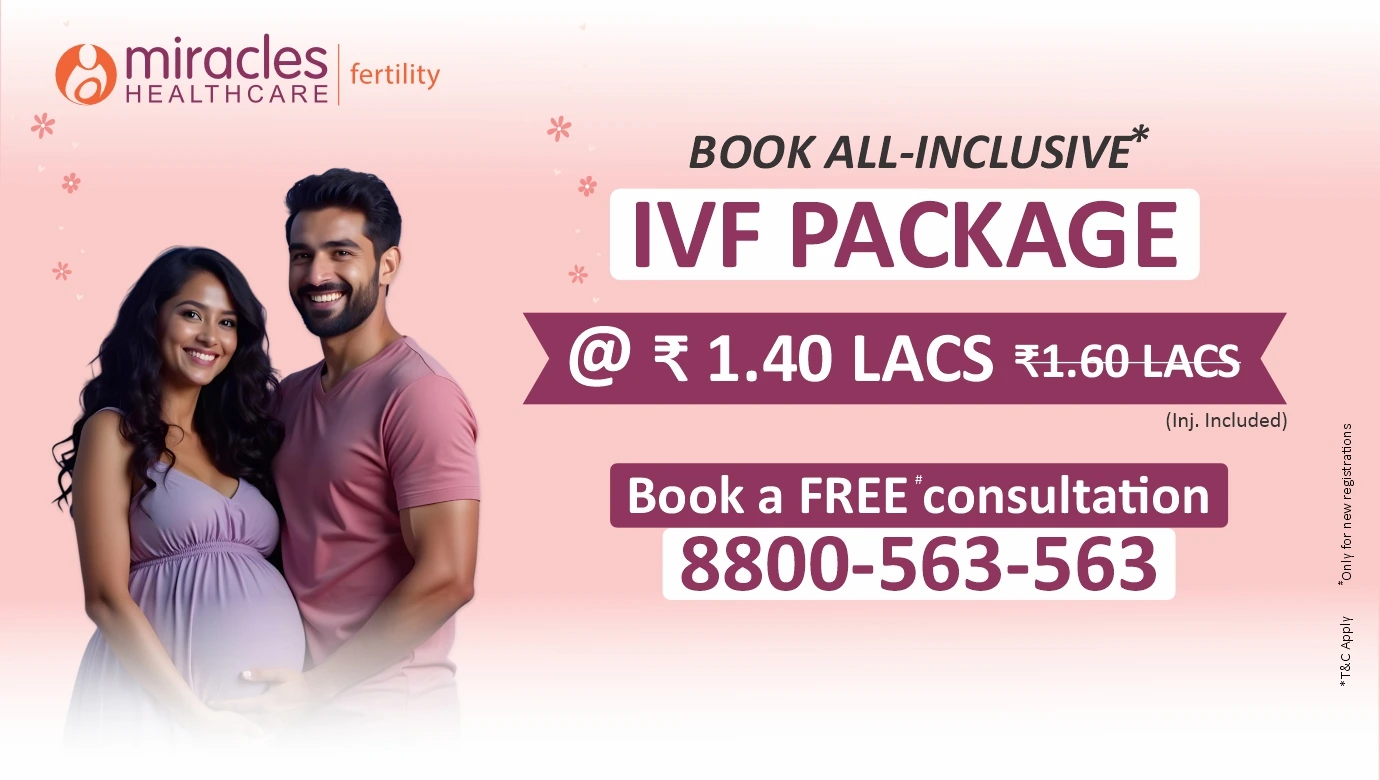
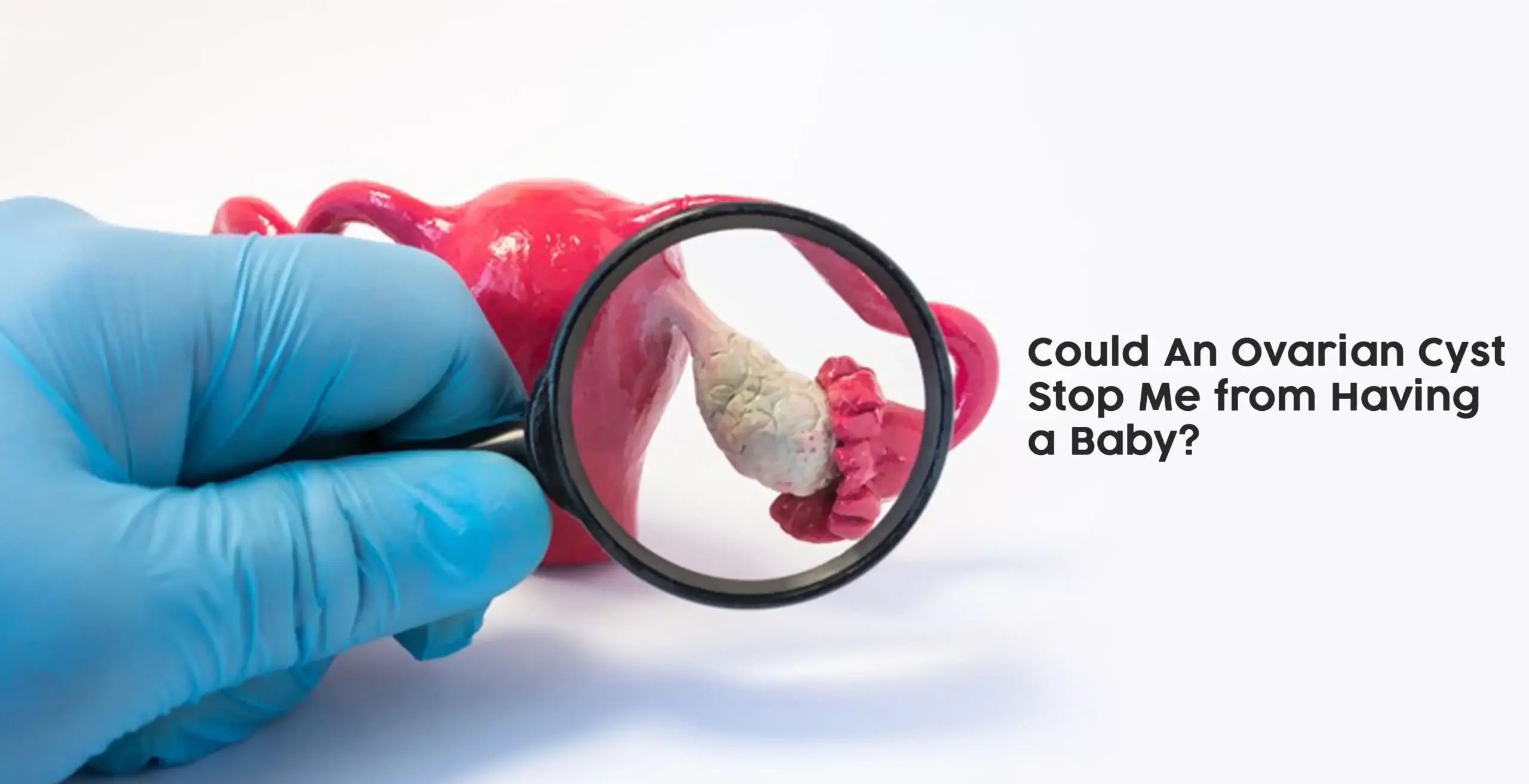



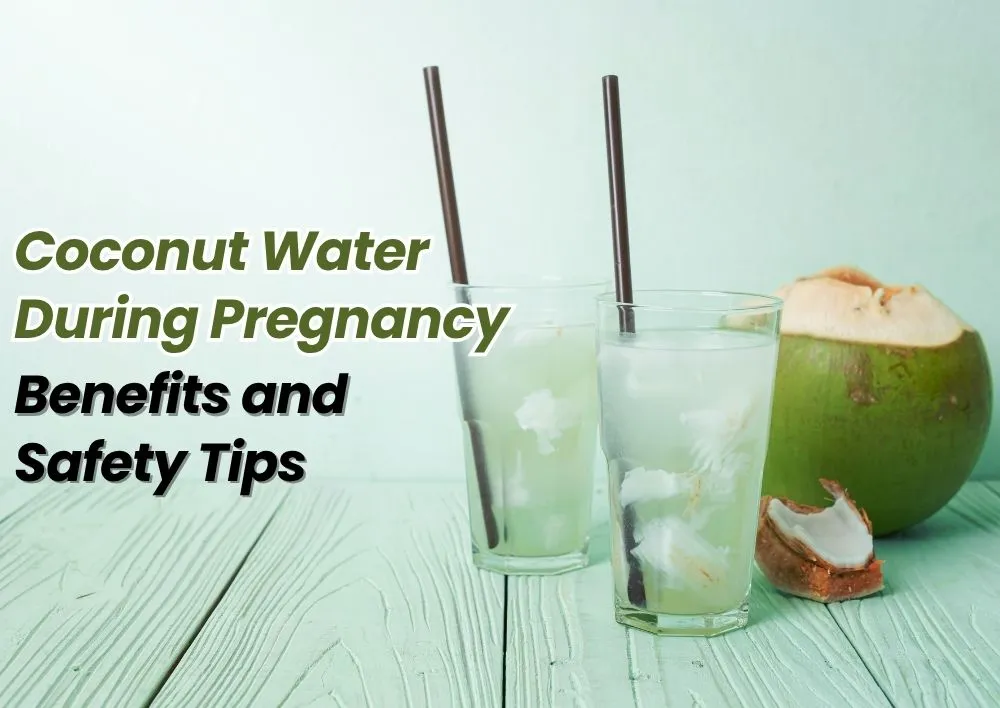
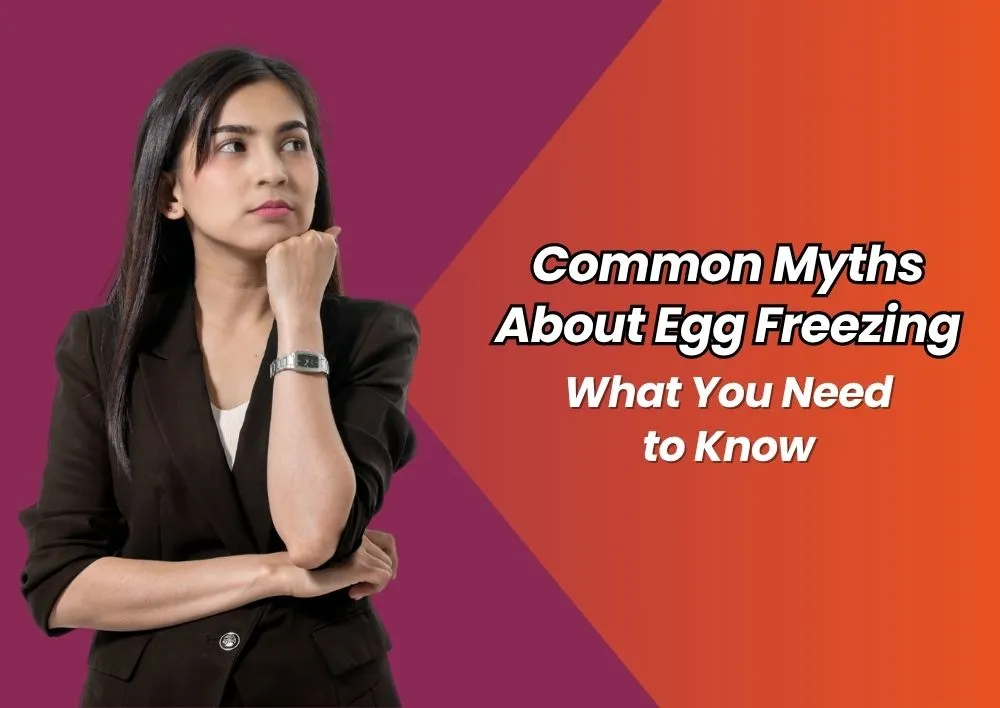
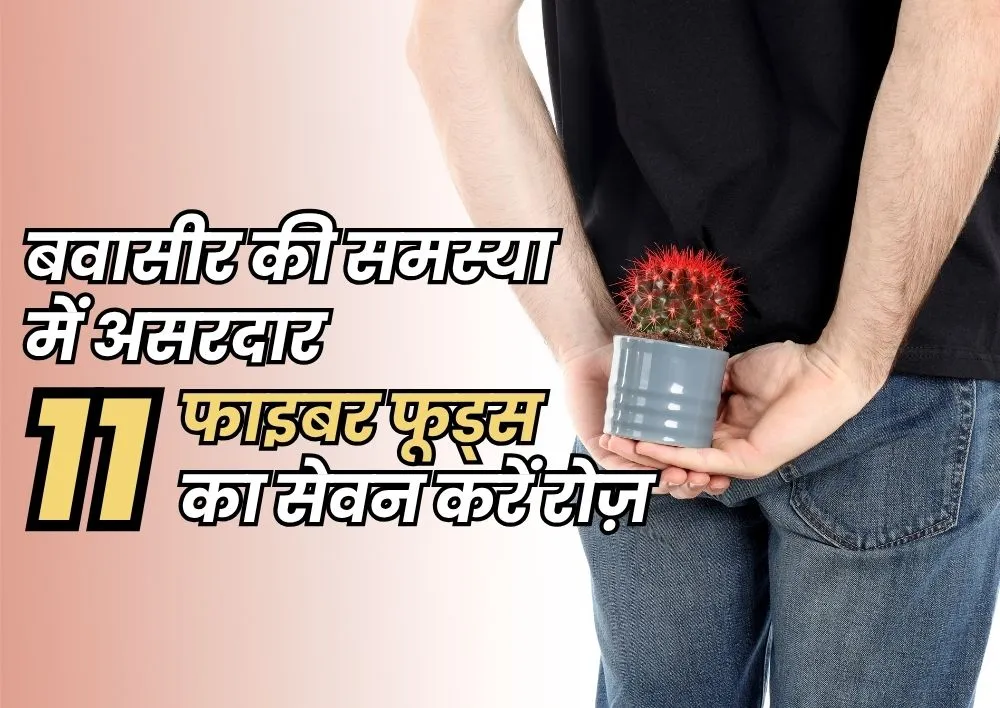





Was the information useful?
0 0